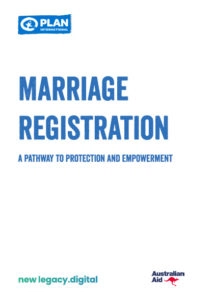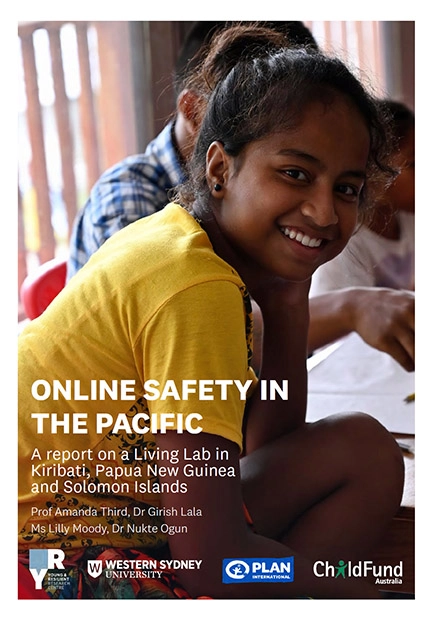
Posted on May 13, 2024
Interoperability and Data Sharing Between Civil Registration, Health Information, Statistics and Associated Systems
The registration of vital events such as births, deaths, marriages, and divorces hinges on extensive data sharing among various governmental and civil entities. Identity verification crucially depends on data exchange, allowing for real-time updates and the prevention of identity fraud. This process involves healthcare providers, vital records offices, public health agencies, funeral directors and court systems. These all need to coordinate in order to maintain accurate legal records and facilitate services like public health surveillance and civil document verification.

Posted on Mar 4, 2022
Marriage registration: a pathway to protection and empowerment
This study analyses and assesses the current marriage registration system in Bangladesh and identifies recommendations to improve understanding, access and availability of marriage registration services in Bangladesh, including urban, rural, and remote locations.

